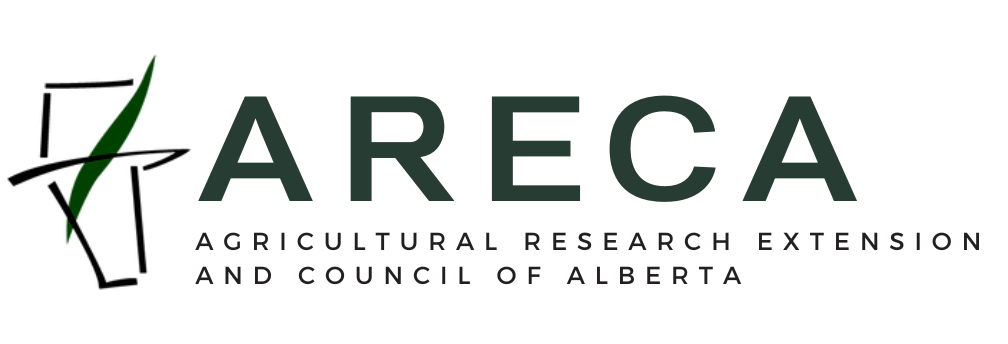Producer Dollars Available
First announced in Budget 2021, the $200-million On-Farm Climate Action Fund is an initiative to help farmers tackle climate change. The Fund is part of the Government of Canada's Agricultural Climate Solutions initiative, which falls under the $4 billion Natural Climate Solutions Fund, a program managed by Natural Resources Canada, Environment and Climate Change Canada, and Agriculture and Agri-Food Canada.
The objective of the Fund is to support farmers in adopting beneficial management practices (BMPs) that store carbon and reduce greenhouse gases, specifically in the areas of:
Nitrogen management: Nitrogen management strategies ensure optimum productivity, reduce nitrogen losses, reduce greenhouse gas emissions, and enhance economic profitability and environmental quality. Farmers in Alberta make key decisions on formulation, rate, timing, and placement of fertilizer nitrogen that are suitable for soils, climate change, and farming operations within which they operate.
Cover cropping: A cover crop is grown for the protection and enhancement of the soil and provides several ecological services.
These may include:
(i) reducing greenhouse gas emissions,
(ii) reducing leaching,
(iii) providing nitrogen to the next crop,
(iv) reducing erosion,
(v) improving soil structure and soil hydric properties
(vi) reducing parasite pressure on crops,
(vii) to prevent weed growth,
(viii) from increasing the biodiversity of the farming landscape and environment.
Rotational grazing practices: Rotational grazing is the practice of containing and moving livestock through pastures to allow forage plants time to recover, deepen their root systems and improve soil health between periods of grazing. Rangelands managed under rotational grazing practices have also been found to have higher soil carbon sequestration rates than continuous grazing and may, therefore, serve as an effective carbon mitigation option. Importantly, ranchers see rotational grazing as an effective way to improve the profitability of their cattle operations while benefiting overall ecosystem health.
OFCAF provides financial support to producers to accelerate the adoption of beneficial management practices (BMPs) that reduce greenhouse gas emissions and support increased production efficiency, sustainability, and resiliency in their farm operations. These practices also provide other environmental benefits, such as improved biodiversity and soil health.
Alberta producers will access these on-farm implementation funds through several provincial and national programming bodies. The Canadian Forage and Grasslands Association (CFGA) is funding producers to improve their understanding of grazing management, soil health, and extending the grazing season. CFGA is offering resources and funding to promote the on-farm implementation and development of grazing plans, fencing, remote watering systems, and improving pastures.
Results Driven Agricultural Research (RDAR) has grants available for producers to implement changes on farms under all three categories and is accepting applications to the program already with a deadline of November 7, 2022, for this fiscal year. Producers applying for RDAR and CFGA grants will need to work with a Professional Agrologist or Certified Crop Advisor, as these applications require the signoff of the on-farm BMP changes. Producers also need to agree to a post-project inspection to ensure implementation.
Individuals interested in these programs should contact their local Applied Research Associations for more information regarding eligibility, plans, and applications.

